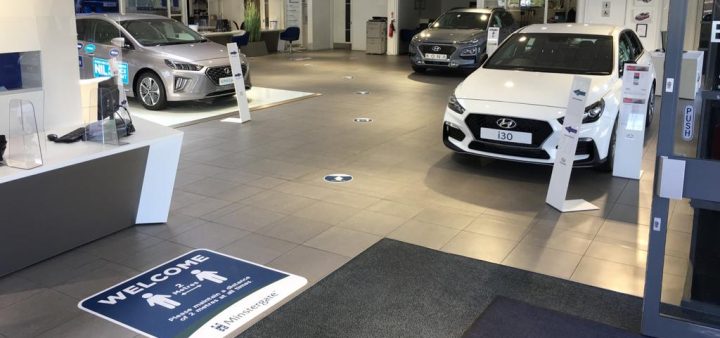More than half of UK drivers (51%) are intending to buy a new or used car in the next six months, now that showrooms have re-opened and travel curbs are lifting said comparethemarket.com.
Drivers are set to spend an average of £15,042 on these cars, with 39% planning to buy either an electric or hybrid vehicle.
The main reasons that drivers cite for buying a car include the need to replace their old vehicle (27%), wanting to treat themselves after a difficult year (18%), and switching to a more environmentally friendly model (18%).
A further 17% of drivers want to upgrade as they plan to take more road trips this year, and 14% of drivers plan to buy a car because they are worried about using public transport after the pandemic.
Nearly two-thirds of drivers (63%) thinking about buying a car in the next six months are planning to use some form of car finance to help cover the cost of the purchase.
However, in January the FCA introduced a ban on dealerships from using “discretionary commission finance”, which the regulator estimated meant consumers had been paying £165m a year more than they needed to.
Dealerships also usually offer Hire Purchase or Personal Contract Purchase loans. However, for most borrowers with a good credit history, a personal loan from a bank or building society often has a lower interest rate.
Using a personal loan also has other advantages such as not requiring a deposit, no balloon payment at the end of the loan, and less risk of repossession if a loan repayment is missed.
Borrowers say that the overall rate of interest is the most important factor for car finance (51%), followed by the length of the loan (37%). A fifth of drivers (21%) also wanted to ensure there is no balloon payment at the end of the loan.
Ensuring borrowers have the most appropriate credit product when buying a car is important as many have struggled to repay loans. More than a third of borrowers (35%) said they had problems repaying their car loans during the pandemic. This includes 15% of borrowers who took a payment holiday and 9% forced to default on their loans.


